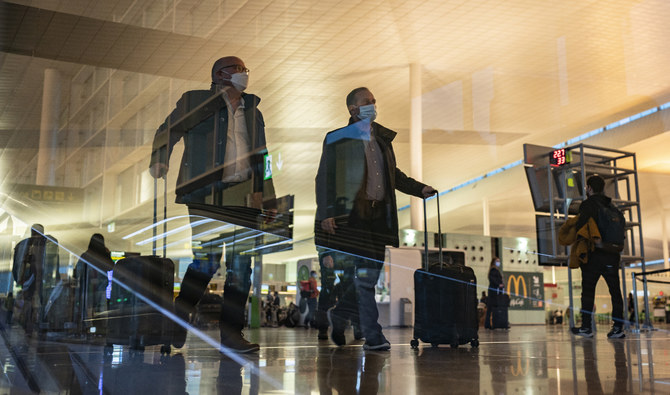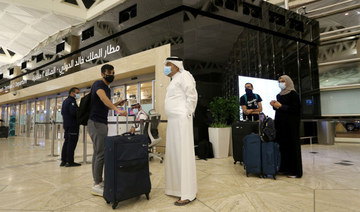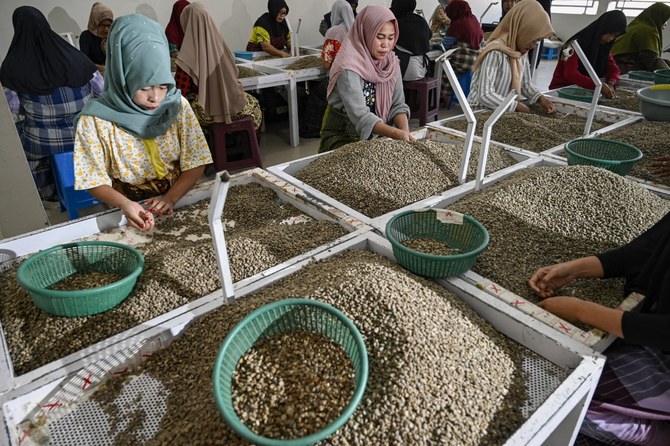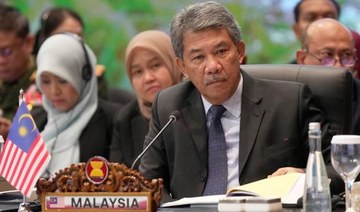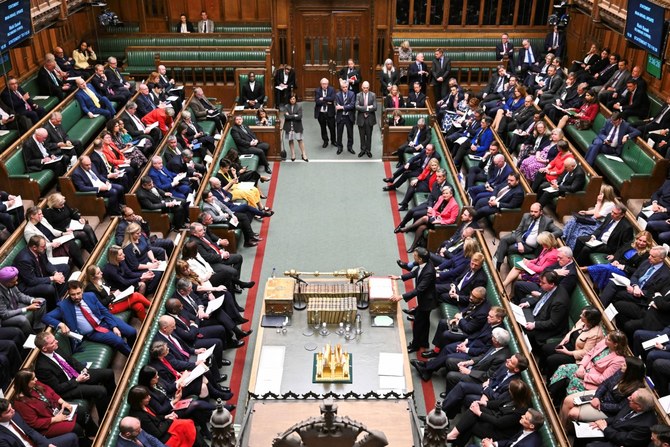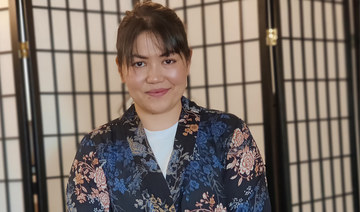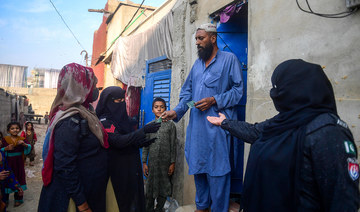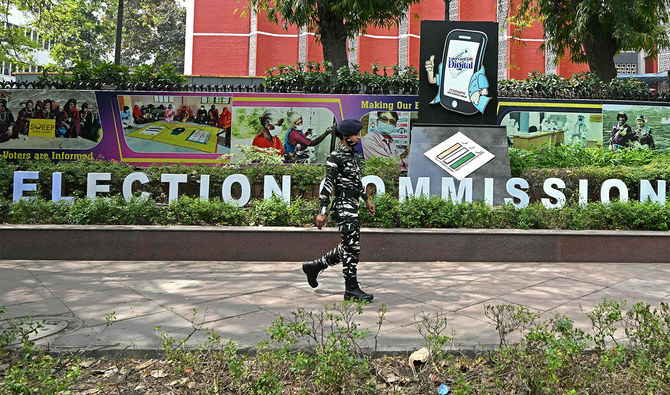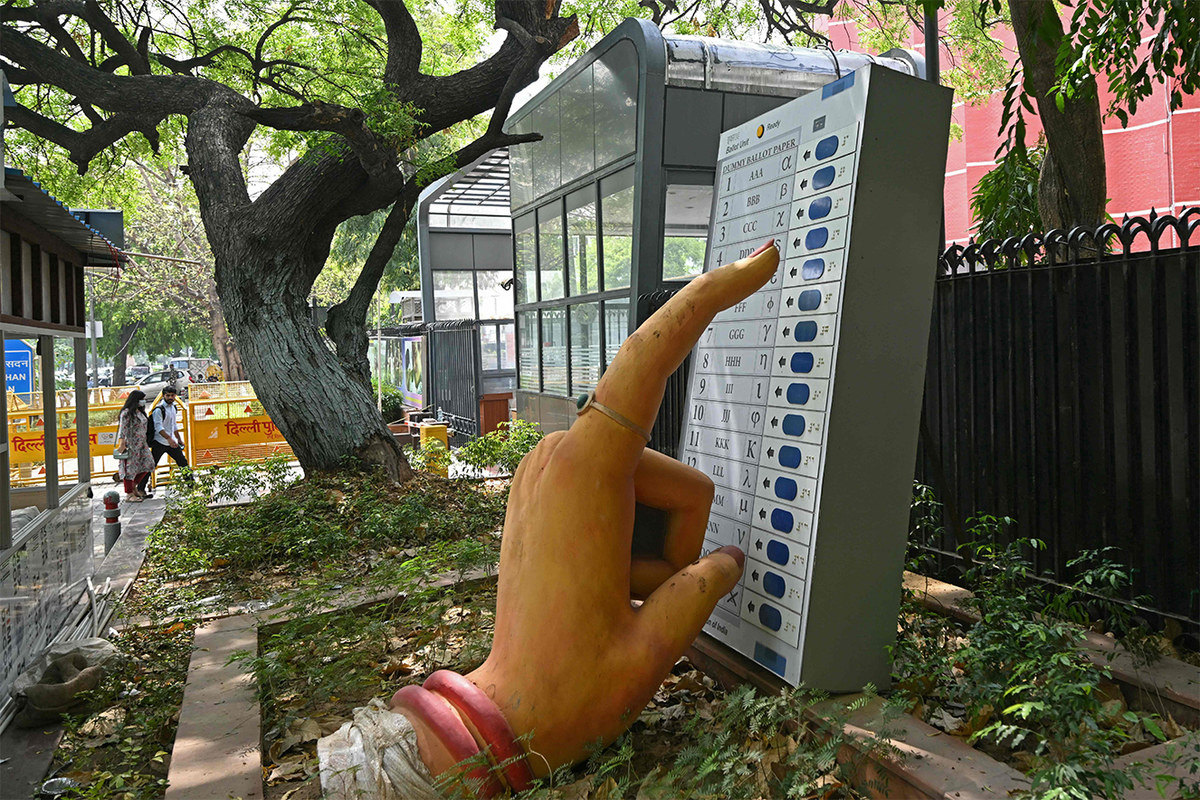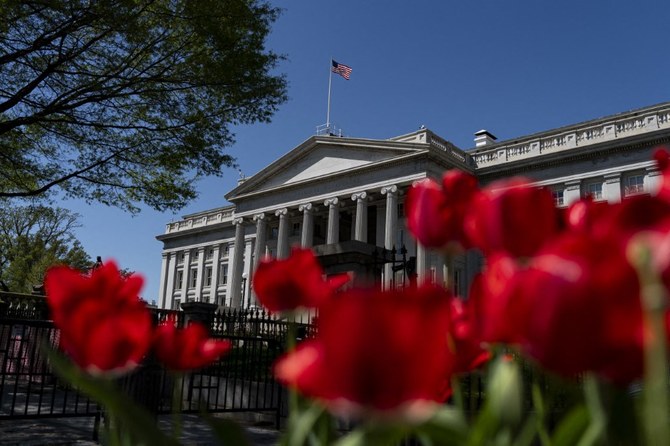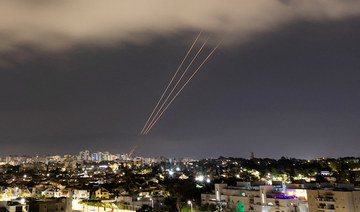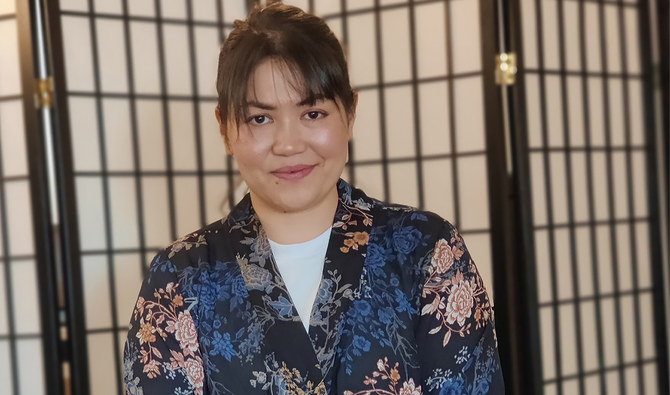GENEVA: The WHO issued stern warnings Wednesday on the dangers of vaccination apathy and the European Union put mandatory jabs on the table, as the United States registered its first case of the fast-spreading omicron strain of the coronavirus.
The new variant, first reported to the World Health Organization by South Africa a week ago, has quickly popped up across continents, darkening economic forecasts and deepening fears of another difficult winter in the northern hemisphere.
“Globally, we have a toxic mix of low vaccine coverage, and very low testing — a recipe for breeding and amplifying variants,” said WHO chief Tedros Adhanom Ghebreyesus, reminding the world that the delta variant “accounts for almost all cases.”
“We need to use the tools we already have to prevent transmission and save lives from delta. And if we do that, we will also prevent transmission and save lives from omicron,” he said.
The WHO says it could take several weeks to understand whether or not omicron is more transmissible, and whether it results in more severe disease — as well as how effective current treatments and vaccines are against the variant.
Its detection and spread, however, have highlighted that the now nearly two-year global fight against COVID-19 is far from over.
In Brussels, European Commission President Ursula von der Leyen said it was “understandable and appropriate” to discuss how to “encourage and potentially think about mandatory vaccination” in the bloc — although only individual member states can impose vaccine mandates.
Austria has already said it will make COVID jabs compulsory next February, Germany is considering a similar approach, and Greece said Tuesday it would mandate vaccines for over-60s.
The United States, officially the world’s hardest-hit country, announced it had detected its first omicron case, a fully vaccinated traveler from South Africa who is recovering from mild symptoms.
Top American infectious diseases specialist Anthony Fauci stressed that fully vaccinated adults should seek a booster when eligible to give themselves the best possible protection.
“Our experience with variants such as the delta variant is that even though the vaccine isn’t specifically targeted to the delta variant, when you get a high enough level of an immune response, you get spillover protection,” he said.
Saudi Arabia and the United Arab Emirates also recorded their first cases of omicron, making the Gulf the latest region to be affected.
Opinion
This section contains relevant reference points, placed in (Opinion field)
The European Center for Disease Prevention and Control meanwhile recommended that children aged five to 11 who are at risk of severe COVID-19 should be considered a “priority group” for vaccination.
The Organization for Economic Cooperation and Development warned omicron threatens the world’s recovery and lowered growth estimates for 2021 from 5.7 percent to 5.6 percent.
The Paris-based OECD said the recovery had “lost momentum and is becoming increasingly imbalanced” and would remain “precarious” until vaccines were deployed worldwide.
omicron has prompted governments around the globe to reimpose travel restrictions, mostly targeting southern Africa. Japan has suspended new flight bookings into the country.
On Wednesday, UN Secretary Guterres Antonio Guterres added his voice to the growing chorus of criticism against such bans, calling them deeply unfair and punitive” as well as “ineffective.”
Rising infection rates have already seen some European governments reintroduce mandatory mask-wearing, social-distancing measures, curfews or lockdowns in a desperate attempt to limit hospitalizations, but leaving businesses fearing another grim Christmas.
Portugal, which has Europe’s highest vaccination rate, reintroduced mask mandates in indoor settings, and aims to administer a third COVID-19 jab to almost one-fifth of its population by the end of the year.
From Wednesday, every adult in Italy became eligible for a COVID-19 booster shot, previously only open to those aged over 40.
Despite new restrictions recently introduced in Denmark, the country on Wednesday registered a record number of new COVID-19 cases with 5,120 infections in the last 24 hours.
Even as governments acted unilaterally in imposing travel restrictions, WHO member states came together in Geneva to work on an international accord on handling the next pandemic.
An intergovernmental negotiating body will be established to reach an agreement on responding to future pandemics with a first meeting due before March 1, 2022.
While the European summer of fleeting COVID-19 freedoms may be over, in the southern hemisphere, Pacific nation Fiji ended 615 days of international isolation on Wednesday and reopened to tourists.
Traditional dancers in grass skirts welcomed waving holidaymakers from Sydney, the first of an expected flood of desperately needed tourists in the coming weeks.




